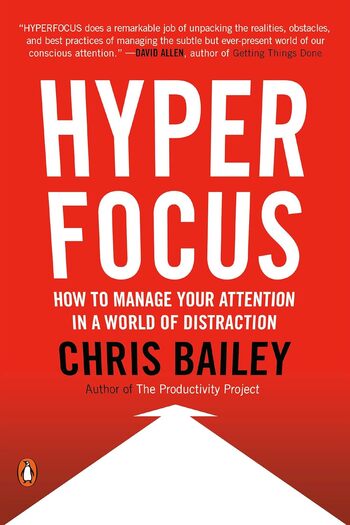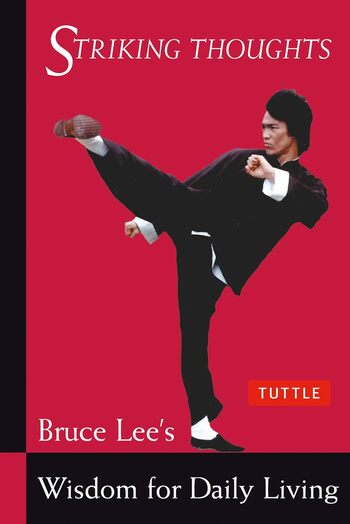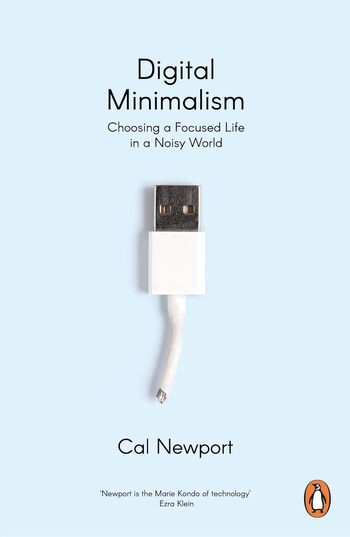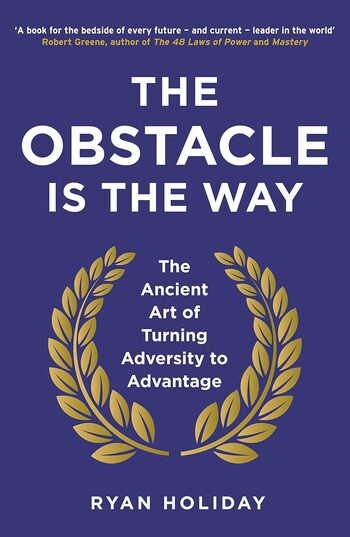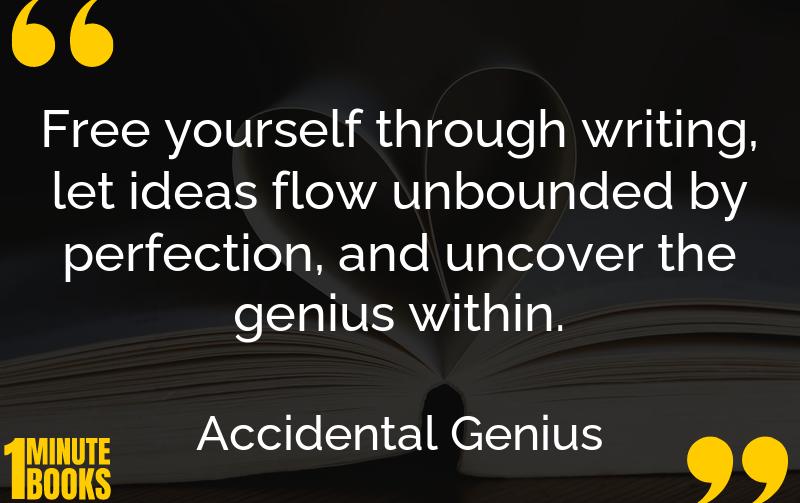
Accidental Genius by Mark Levy explores free writing as a tool to enhance focus, solve problems, and unlock creativity. It provides practical tips and exercises for using this technique effectively.
Main Lessons
- Free writing is a technique to organize thoughts and capture ideas, beneficial for everyone, not just writers.
- Begin free writing by relaxing and writing quickly, focusing on volume over quality with a set time limit.
- Follow your thoughts without restraint, writing for yourself and not an imaginary audience.
- Writing is more effective for processing thoughts than just thinking, and prompts can stimulate creativity.
- Simplify free writing by detaching from complexity and focusing on abundant idea generation.
- Using exaggeration and fictitious scenarios can stimulate creative thinking in free writing.
- Share and seek feedback on your writing to organize thoughts and improve ideas.
- Gather everyday stories to inspire material for free writing sessions.
- Longer free writing sessions can generate a wealth of material for deeper exploration.
- Archive free writing sessions for later transformation into polished prose.
- Use free writing to brainstorm, solve problems, and develop ideas for larger projects.
- Continue writing despite uncertainty, using guidelines to eventually produce valuable ideas.
